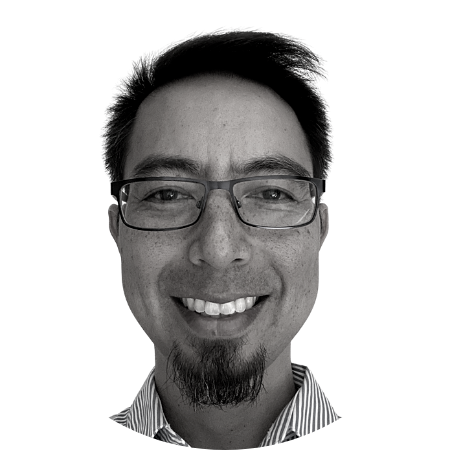I’ve had an interest in research since my Master in Speech and Language Pathology dissertation but wanted to gain clinical experience first. It took me sometime to decide which area to specialise in since all paediatric communication disorders interested me.
After working with my first child who had selective mutism (SM) in 2010, I knew that this was the area or research I wanted to pursue. I could see the crippling caged effect the condition had on the child in public and the anxiety it produced in her parents and teachers.
And then to witness her transformation was one of the most rewarding moments in my clinical work.
After empowering her parents and teachers with SM interventions, she talked freely and participated in class, made friends in and out of the school, talked to her grandparents and embraced competitive gymnastics, in just several terms.
When I felt ready to pursue research, I asked an esteemed colleague who was completing her Phd, for some advice on pathways to doctoral research. She gave some suggestions and then jested, “Do it before having kids”. I had two children under the age of 2 at the time, and was not in a position to sacrifice my salary to pursue academic work. Due to limited time and lack of experience, I did not pursue research and instead I carried out clinical audits to understand my clinical population and develop care-pathways and protocols for children with SM.
I delivered a poster presentation of one of my audits at Royal College of Speech and Language Therapists (RCSLT) in 2017. During one of the sessions, I met Dr Emma Pagnamenta who was the former Research Manager at RCSLT and had started working at the University of Reading. She mentioned some colleagues who might be interested in collaborating and supporting me in research.
Emma introduced me to Professor Cathy Creswell (Clinical Psychology) and Professor Victoria Joffe (Speech and Language Therapy). The three supported me in applying for the NIHR Pre-doctoral Clinical Academic Fellowship and I was successful.
The research fellowship opened doors to learn from and collaborate with different professionals and service users.
During the fellowship, I wrote a chapter for a book with an expert in SM about differential diagnosis and intervention for comorbid SM and communication disorders, I collaborated with a dentist to write a paper on how to help a child with SM during a dental appointment and I collaborated with SLT and Clinical Psychology researchers in my systematic review. Each professional helped me understand SM through their different clinical lens. However, it was during patient public involvement, where I learnt about the real clinical need after talking to parents and teachers about their experiences in trying to help their child with SM with limited support from professionals. Most parents could not access support for their child from the NHS or Local Authority. This shaped my project and is the motivator for my next NIHR fellowship starting in September 2022.
While I’m looking forward to learning more about qualitative research, co-design, feasibility studies and further collaborations in the up and coming project, I ultimately want to make a difference in these children’s lives by improving their access to treatments across the UK.

